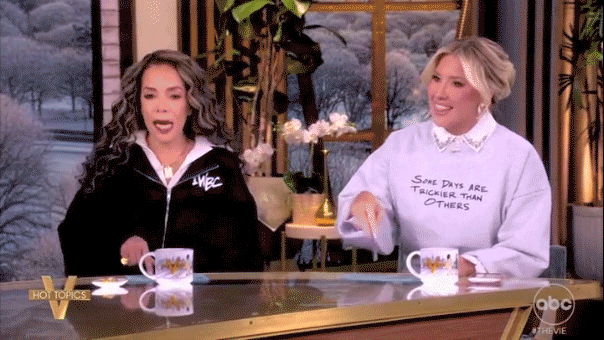Howard Kurtz: Why the press can’t magically move public opinion on impeachment
'MediaBuzz' host Howard Kurtz weighs in on the mainstream media working hard to change public opinion impeachment.
For Donald Trump, the path is fairly clear: the Democratic House will vote to impeach him, the Republican Senate will acquit him and the country will remain as bitterly divided as it is now.
But all the candidates are, in a very real sense, are facing the Impeachment Primary.
For the 2020 Democrats, their ability to navigate an environment that is almost completely dominated by an effort to remove the president will help determine who wins the nomination—and whether that person can beat Trump at the ballot box.
We’ve already been through the Invisible Primary (opinion leaders deciding which candidates are plausible, though that matters far less than it once did). We’ve been through the Money Primary (several Democrats, not including Joe Biden, have been money machines, though that also is less crucial in the digital media era). And we’ve been through the Media Primary (first won by Beto O’Rourke, who quickly crashed and burned, and Pete Buttigieg, who’s still on the edge of the top tier).
IMPEACHMENT VOTE AGAINST TRUMP DRAWS SATURATION COVERAGE
The Impeachment Primary is inescapable. It’s already become the overwhelming focus for Trump: no more talk of legislative compromise, and even the killing of the world’s top terrorist is quickly overshadowed. And it’s diverted the spotlight from all but the top-tier Democrats and could well spill over into the February primaries and caucuses.
The media impact on this primary is, like everything else about the press, subject to heated debate.
Hugh Hewitt, the pro-Trump conservative radio host, argues in a Washington Post op-ed that certain journalists and pundits could make or break impeachment.
The inevitable acquittal of Trump could change if commentators that Hewitt defines as largely supportive of the president “came upon evidence they thought sufficiently damning to overcome the obvious procedural assaults on the country’s shared understanding of fair play.” He cites as examples my colleague Mollie Hemingway of the Federalist, and Wall Street Journal columnist Kimberly Strassel.
The same would be true, says the MSNBC analyst, if a handful of “middle-of-the-spectrum” journalists began to lean one way and break the partisan deadlock. Hewitt suggests veteran Post reporter and columnist Dan Balz and veteran White House correspondent Peter Baker of the New York Times.
But he says that if anti-Trump commentators, such as MSNBC’s Rachel Maddow and Times columnist Nick Kristof, were to criticize the House proceedings as a show trial, it would tilt the scales the other way.
SUBSCRIBE TO HOWIE'S MEDIA BUZZMETER PODCAST, A RIFF OF THE DAY'S HOTTEST STORIES
I happen to think that Hugh totally overestimates the media’s importance. He argues that such defections would reflect a shift in opinion in the communities they serve. But if the media big shots were even half as influential as Hewitt believes, Trump would have lost the 2016 election.
John Harris, a co-founder of Politico, offers a very different viewpoint. In one of several things to watch in 2020, he points to “The Big Bet: No one cares what we think.”
The “we,” in this case, is not just Politico scribes, but other news outlets, political operatives and analysts, and “the embedded assumptions that tend to inform our work.”
Any Democrat not in the top tier (including Kamala Harris, Amy Klobuchar, Cory Booker, Julian Castro and others) is essentially betting against the media conclusion that they have only an implausible chance of being president. They are forced to believe they just need to get hot at the right time. (The press corps has been wrong many times, betting against McCain and Obama in the 2008 primaries as well as you-know-who throughout 2016.)
As for Trump, Harris writes, “the media-operative class believes: You know, on balance, it might not be a great idea to promiscuously shred norms about how presidents are supposed to comport themselves, to gratuitously insult people who don’t support you and even some who do, to lurch daily from outrage to uproar to scandal, all culminating in a likely impeachment trial in the winter before your reelection campaign.
“Trump says: I don’t care.”
He doesn’t care about the media’s assumptions, true. But Trump does care, in the sense that he consumes an enormous amount of cable coverage and is relentlessly attacking “fake news” and “corrupt media.”
While Harris is right that the media are hardly infallible, only a fool would bet that they don’t matter. We live in a polarized atmosphere that is saturated with more media, and social media, than ever before. We carry this around in our pockets. It’s a business that is widely distrusted but can’t be ignored—even if its practitioners can’t wave a wand and move public opinion on impeachment.









































